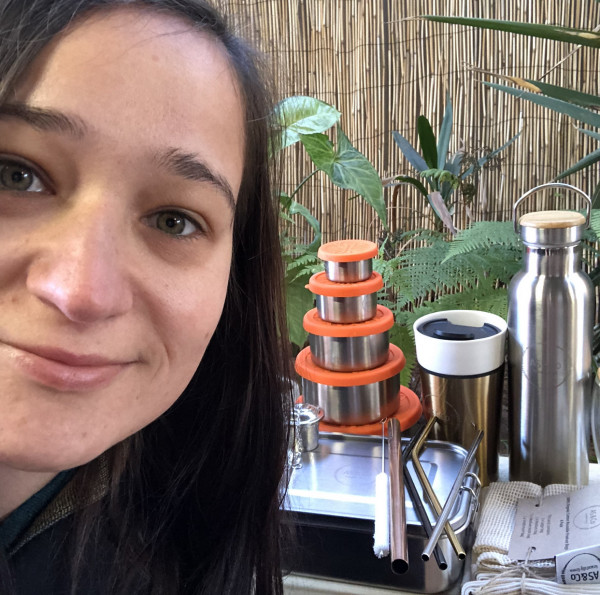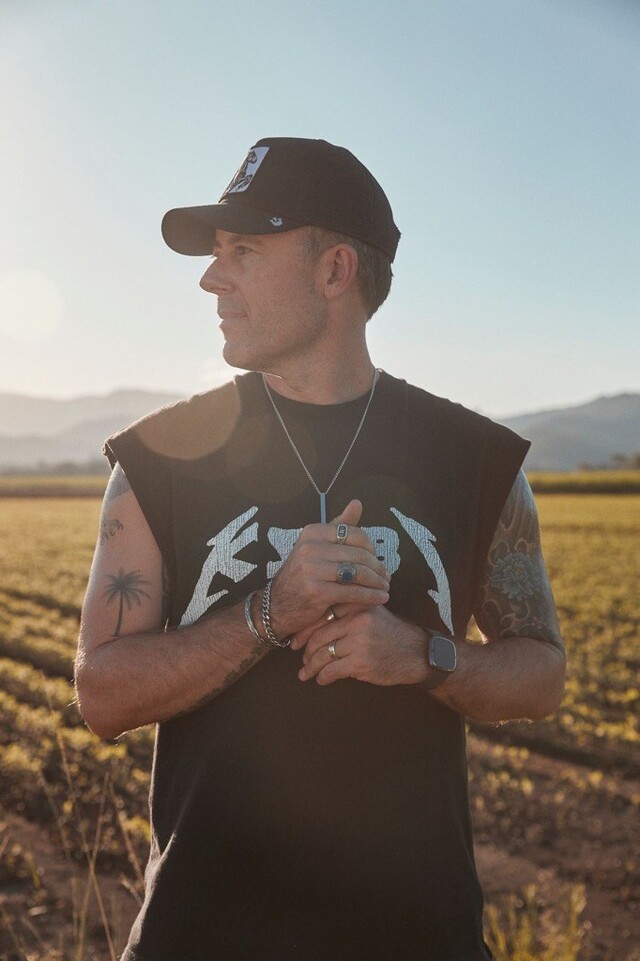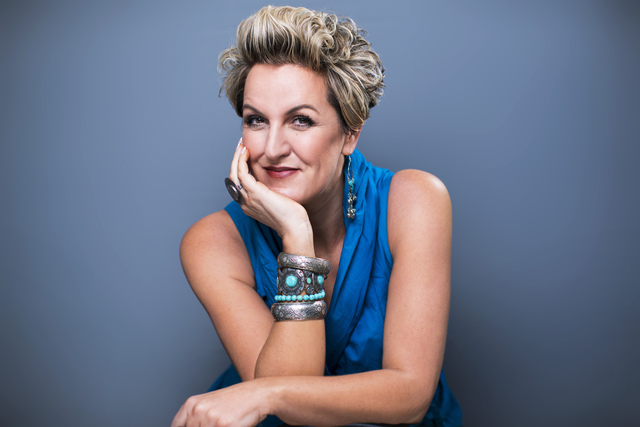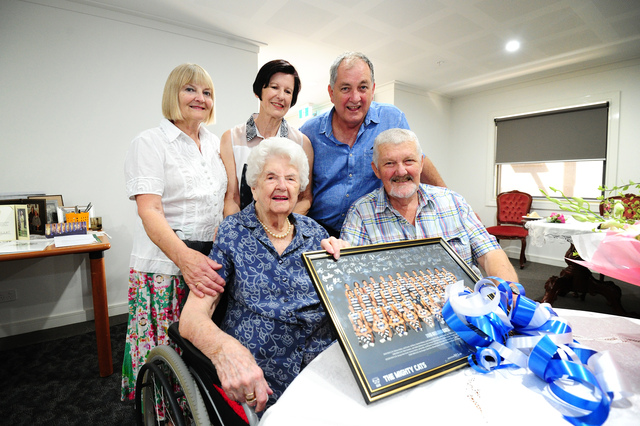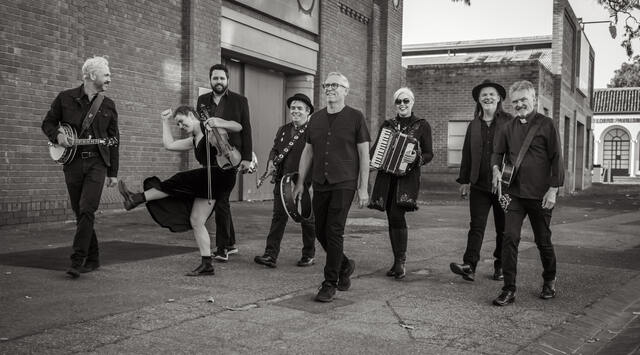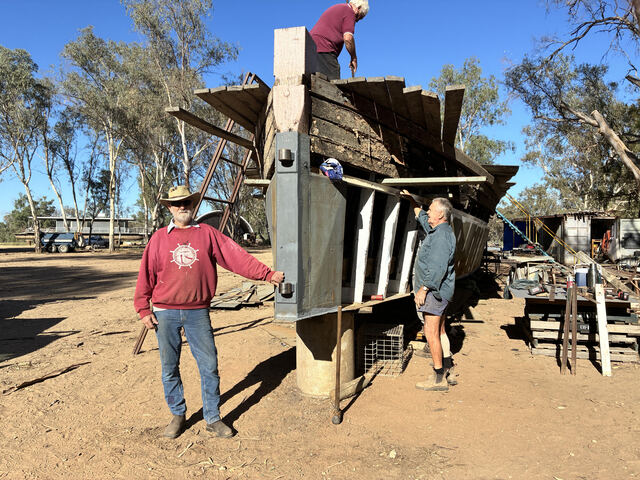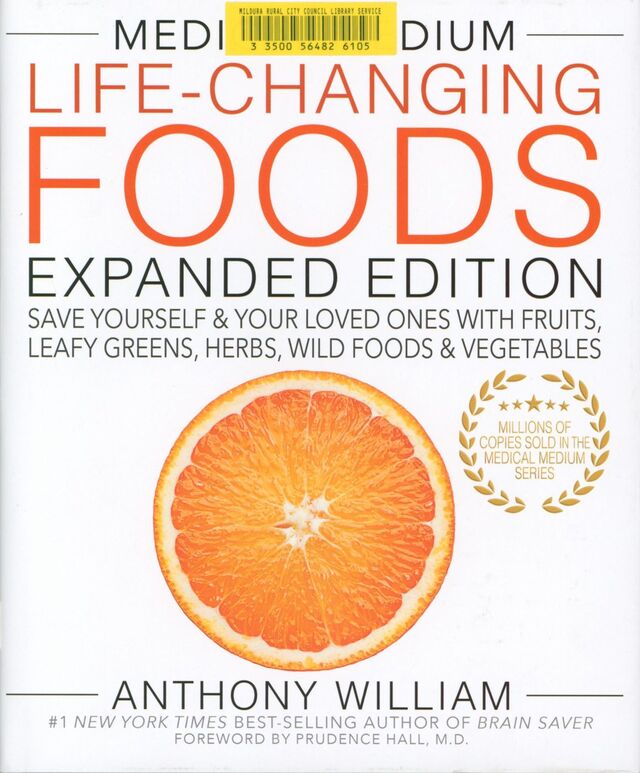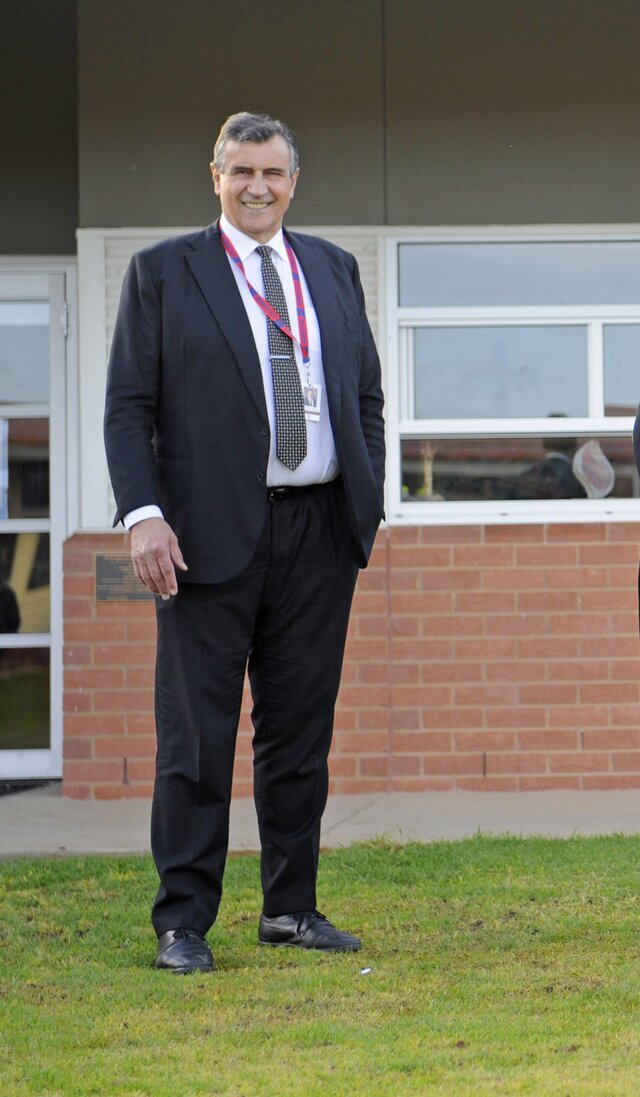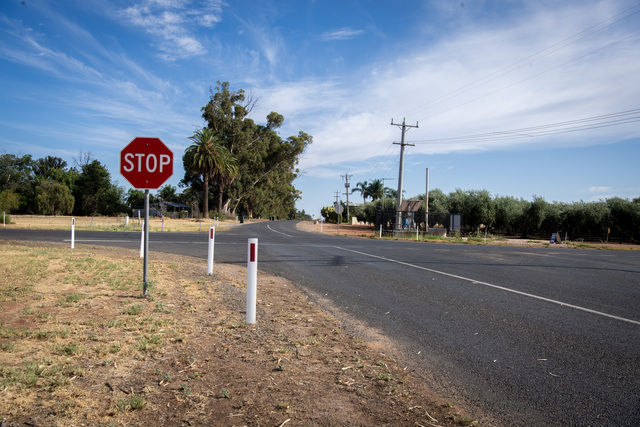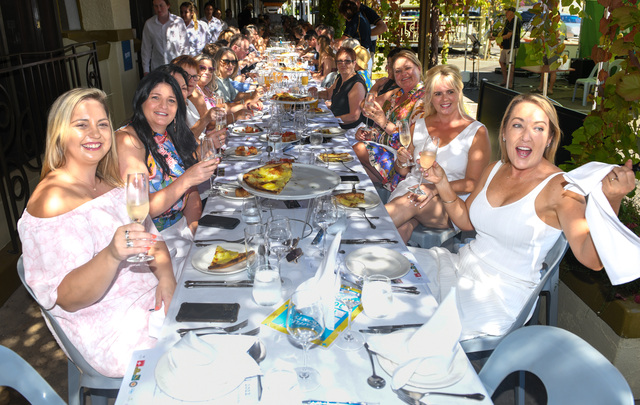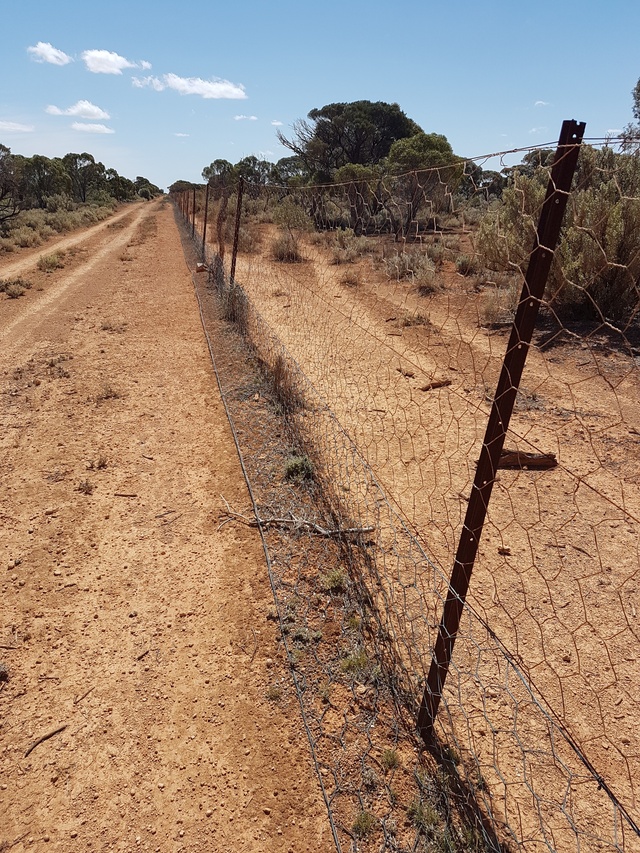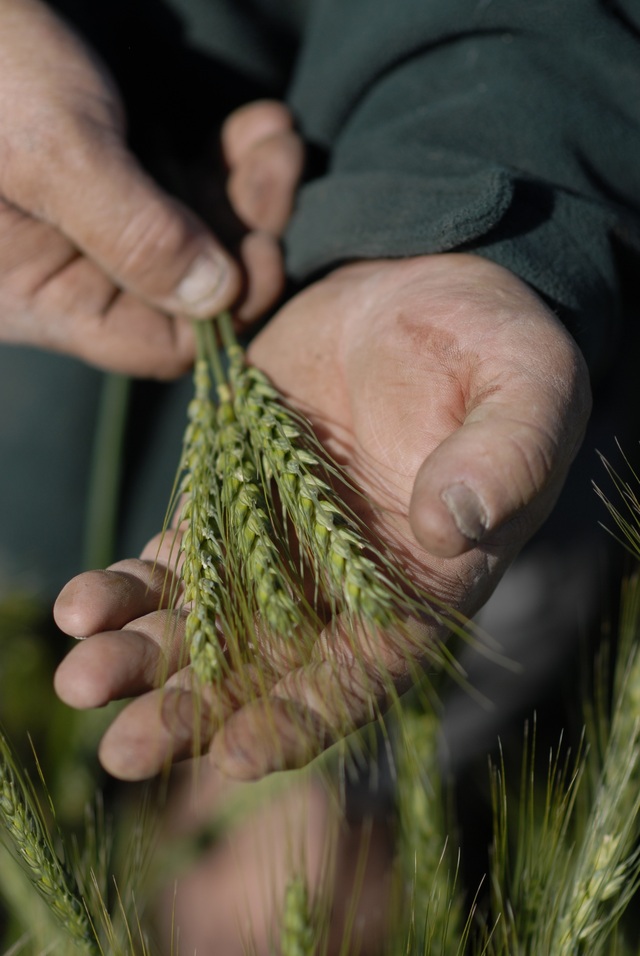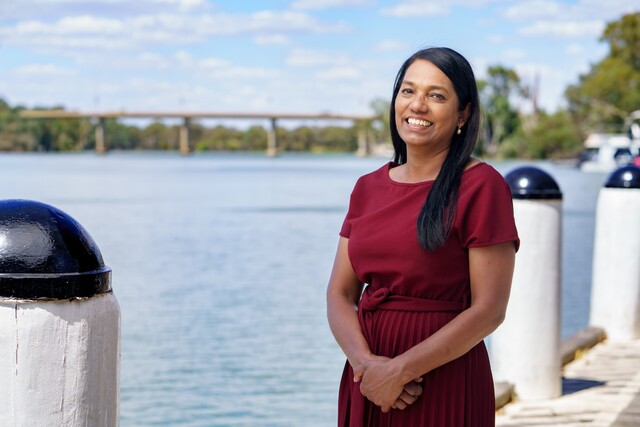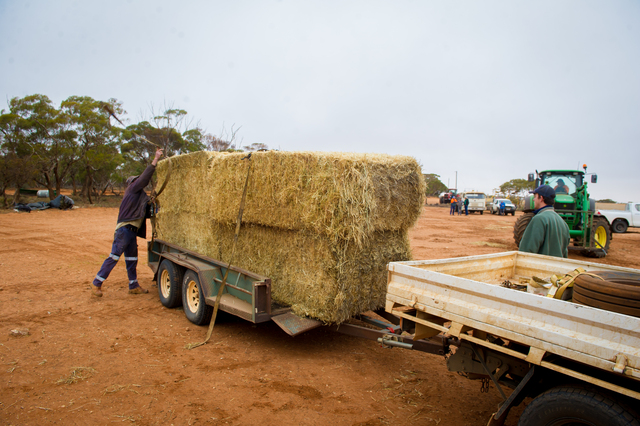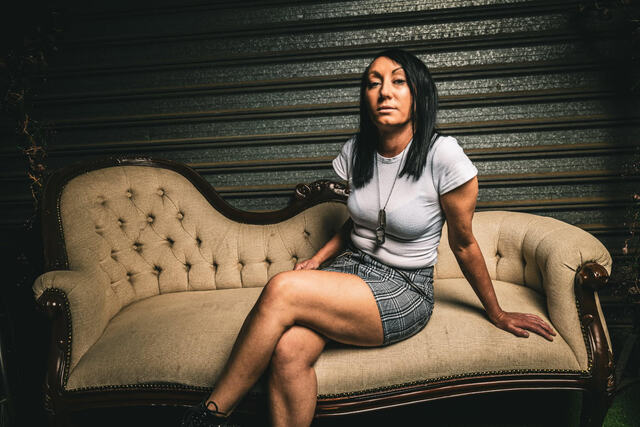GROWING up on the bread line in Russia, repairing, reusing and up-cycling items was a normal part of Anastassia Starkova’s way of life.
And it was how Ms Starkova’s family adapted to poorer conditions, which inspired her to establish her own eco-friendly business AS & Co – Gracefully Green.
The small Sunraysia-based business sells sustainable goods and products including homewares, cosmetics and accessories and works towards building a healthier and greener environment.
Reflecting on her childhood in Russia, Ms Starkova said she learned to not to throw anything away, as everything had a purpose.
“My grandparents grew most of their own food, so I learned about being sustainable, composting and using everything from an early age,” she said.
When Ms Starkova and her mother packed their bags and migrated to Australia in 1997, life as she knew it changed dramatically.
But she did not leave behind the habits she had learned in her home country.
“When I was younger a lot of people would joke that I was a closet hippy because I would sew the buttons back on and repair the holes on clothing, shop at op-shops and grow my own vegies,” Ms Starkova said.
“I wanted to reuse and recycle whatever I could.
“For a while it made me feel embarrassed, like I was doing something wrong, but eventually I embraced it and was proud to be known as that ‘closet hippy’.”
After weeks of brainstorming and waking up in the middle of the night to jot down grand ideas, Ms Starkova’s business idea was born.
Two years later, AS & Co – Gracefully Green has become recognised by residents and business owners across Sunraysia.
Ms Starkova juggles the business with a full-time job, her duties as a mother, as well as everyday life inside the four walls of her family home.
She said she was unsure when she decided to start sharing the small changes she had made in her everyday life with others.
But anyone looking in can see one thing for certain — Ms Starkova’s decision to start AS & Co grew from ambition, passion and drive.
Ms Starkova said providing for her “large, blended family” inspired her to make her business idea a reality.
She said she also wanted to challenge slightly negative and unappealing views people had of people striving to live an eco-friendly life.
She has done that with a variety of reusable products people would be drawn to because of their quality, reusability, durability and stylish appearance.
“I wanted to grab people’s attention with attractive products, then provide them with further information about why reducing your impact on the planet is important and hopefully inspire more people to do so.
“All my products are environmentally friendly in a number of ways, but what they share in common is that they replace single-use products and are made to last a long time.”
Ms Starkova said examples of this included organic cotton compostable produce bags to replace single-use plastic bags, to reduce plastic waste.
She also markets stainless steel pegs, which come with a lifetime guarantee, will never need to be replaced instead of wooden and plastic pegs, which often do not last through the summer and constantly need replacement.
Before the tough COVID-19 lockdown and restrictions, Ms Starkova was a friendly face at local markets in Sunraysia.
She would pass her knowledge on to other residents while keeping a stall lined with her reusable products, educational information and statistics, and serve as a collection point for a number of recycling programs to help divert recyclable waste from local landfill.
The pandemic has not dampened her spirits when it comes to saving the planet, as she has been busy making reusable masks — in between working and home schooling — with material sources from op-shops.
Ms Starkova said she would encourage other people to follow in her footsteps and make the shift to eco-friendly products for a number of reasons.
“I encourage everyone to make a shift to reduce their waste because we only have one planet, and statistics show that if we keep going how we are, our planet will be overrun by our rubbish,” she said.
“According to The World Counts, every year we dump a massive 2.12 billion tons of waste.
“If all this waste was put on trucks they would go around the world 24 times.”
Ms Starkova said there were many people already doing their part in reducing waste.
For those who want to do the same, but don’t know where to start, she would suggest refusing single-use items — used once and ditched to be added to the above statistic.
Other suggested switches include:
● Fresh fruit in reusable produce bags or from local growers to replace fruit packaged in plastic.
● Biodegradable natural bamboo toothbrushes to replace plastic toothbrushes.
● Good-quality reusable drink bottles or coffee cups to replace single-use water bottles or takeaway coffee.
“If you had one takeaway coffee per day for a year, that’s 365 single-use coffee cups you would stop from going to landfill, and that’s just for one person,” Ms Starkova said.
“I definitely understand with a busy lifestyle it’s difficult for people to be completely waste-free, but even small changes will make a difference, because a lot of people making small change will collectively have a big impact.”
It is not only ditching single-use items, which can have a positive impact on helping the planet.
But reducing food waste does too.
Ms Starkova said she didn’t know where to begin when it came to recommending simple food waste hacks people could introduce to their household.
She said some included:
● Only buying what is needed, so it can all be used before its best-before or use-by date.
● If too much food is cooked, give it away or freeze it.
● Freeze unused or unwanted parts of vegetables, such as carrot ends, celery ends or leaves, to be used for vegetable stock at a later time.
● Freezing herbs in butter or olive oil instead of leaving them to wilt and throwing them away.
Ms Starkova said it was important people worked together to reduce planet pollution because of the long-term impacts on wildlife, the natural environment and human health.
She said waste that could not be dealt with in a sustainable way or recycled ended up existing for hundreds of years.
“The waste that can be recycled can only be recycled if it goes through the right process to get to a recycling plant but unfortunately, a lot of the time it just ends up in landfill.
“A recent study found that out of the 6.3 billion tonnes of plastic waste that has been produced, only 9 per cent of that had been recycled.
“What happens to the rest of it? It will just pile up, filling our oceans and landfill.
“This waste negatively affects the world we live in in multiple ways, it contributes to the release of methane gas, in impacts our wildlife and natural environments and habitats, and is very quickly becoming detrimental to our health also.
“Did you know that micro-plastics have been found in fish that is being caught for human consumption?”
Ms Starkova said since opening her business and speaking to people at local markets, she has noticed more people wanting to make the switch.
She said this inspired her to plan future expansion and she was excited for “what was next” for her business.
“It makes me so happy to see how many people are out there looking for these more eco-friendly and sustainable products.”

